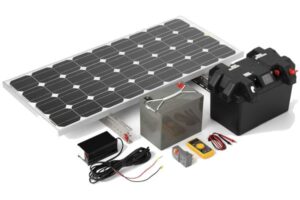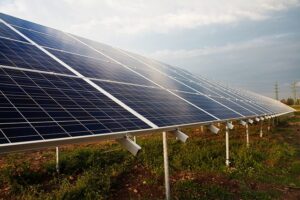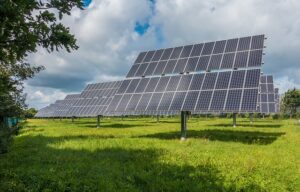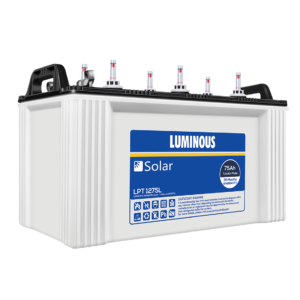Things To Consider If You Are Planning To Make Your Home Solar Powered

Today, considering the energy shortage and rising energy bills, getting your home solar-powered is a smart decision. Perhaps it could become one of the quality investments you have ever made. Fortunately, there has been a significant advancement in the solar energy sector.
The commercial sector is already reaping the benefits of solar energy, whereas, at the individual level, it is slowly gaining popularity. Solar energy can replace your dependence on traditional electrical systems if planned carefully. The bright side is that by keeping simple points in mind, you can successfully harness solar power to your benefit.
This article will discuss some vital aspects to consider while making your home solar powered.
Things to consider if you are planning to make your home solar powered
Determine cost benefits
The first step entails doing a cost-benefit analysis. The main purpose of installing a solar panel is to reduce your dependence on the electric systems from the power grid, hence money savings in the long run. So, it is vital to analyze if the installation is actually beneficial for you. Here are some tips to do an effective cost analysis.
- Survey your home’s roof to check its orientation, type of roofing material, and amount of direct sunlight it receives throughout the year.
- Consider the age of your roof before installing a solar panel on it.
- Consider your local weather condition before investing. Colder areas receive low sunlight, which reduces your system’s efficiency.
- Local codes and homeowners association laws regarding installation of solar panels.
Do the math for energy requirements.
If installing solar panels makes sense in your case, calculate your power usage in the next step. This step is vital to ensure you buy the right solar system according to your energy requirements. Further, depending on your needs and budget, you can select a reliable and cost-effective solar system from Choice Energy.
You can select the right size and number of solar panels per your daily power usage. However, the general thumb rule is to buy a solar system (kW) equivalent to the amount of your energy bill. For instance, if your energy bill is 6000, buying a solar system of 5-6 kW is advisable.
Now, calculate your shadow-free roof area and divide it by 100 to get the maximum plant you can install on your roof.
Choose the right solar technology.
Choosing the right solar technology is equally important. There are mainly two types of solar power technology.
Solar Thermal: This technology converts solar energy into thermal energy, which is further used to heat spaces or water (like a water heater).
Solar photovoltaic: This technology uses semiconductors or solar PV cells to convert solar energy into electricity. Generally, this technology is used to power homes. In this category, there are two subdivisions.
- Monocrystalline solar panels: It produces more kilowatt-hours of electricity due to advanced technology. It is a good option for homeowners with limited roof space. However, this advanced technology comes at a higher price.
- Polycrystalline solar panels: This is the best option for homeowners looking for reliable and affordable solar power technology.
Warranty Details and energy storage
Typically, reliable solar power systems last as long as 25 years. So, purchasing the system from a reputable vendor that gives you a good warranty is vital. Furthermore, check for additional offers and service packages.
To make sure your system is covered fully under warranty, get it installed by authorized representatives and ask the vendor for a warranty certificate. Depending on your power needs, you may need an appropriate size for the battery. It ensures your surplus energy gets stored for supplementing additional requirements during peak hours.
Look for rebates and incentives.
Many government programs offer attractive rebates and incentives for installing solar-powered systems in homes. For instance, The Solar Homes Program assists eligible Victorian households and rental property owners with a rebate of up to 50% of the purchase cost to install solar PV panels. The government offers these incentives and rebates to encourage the use of eco-friendly methods.
Conclusion
Getting your home solar powered is undoubtedly a wise decision. Moreover, by considering the aspects mentioned in this article, you can get the full benefits of solar-powered systems. Lately, the most crucial step is selecting the best technology provider and installer. Do market research and check for referrals to select the best candidate for your home.





